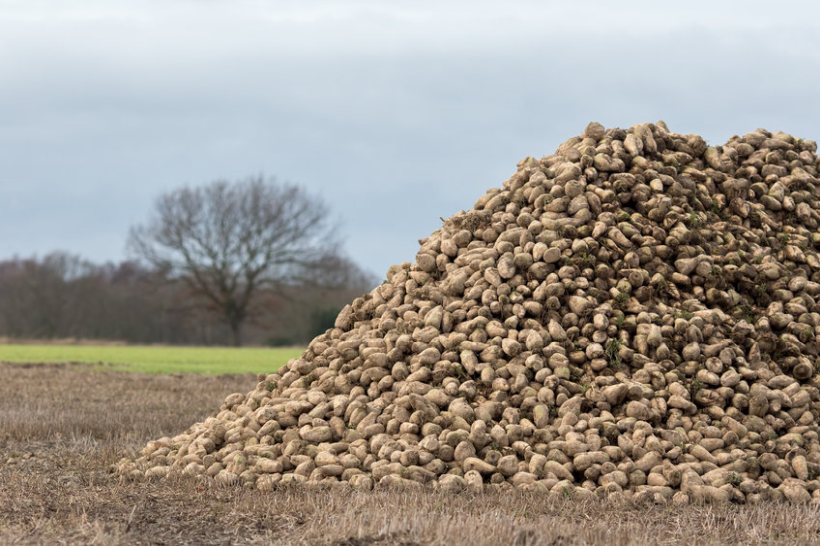
Independent modelling has predicted a virus yellows incidence of over 63 percent, triggering Defra's emergency authorisation of Syngenta’s Cruiser SB.
The independent Rothamsted Virus Yellows model has highlighted the need for sugar beet growers to use the neonicotinoid seed coating for this season.
The virus yellows forecast was published today (2 March), predicting a national virus yellows infection of 67.5% for 30 March 2023.
The predicted infection rate is above the level of 63% set out by Defra in its emergency authorisation to trigger the permitted use of Cruiser SB on the 2023 sugar beet crop.
This threshold was increased from 19 percent in 2022.
Dan Green, agriculture director at British Sugar, said the seed treatment was necessary to protect the UK sugar beet crop and farmer livelihoods from the virus.
"The emergency authorisation contains strict controls to protect wildlife, including restrictions on using the treatment near any flowering crops," he said.
"With NFU Sugar and the British Beet Research Organisation, we are looking at grower practices, seed breeding programmes and precision breeding through gene editing as a long-term solution to tackle this disease.”
Emerging sugar beet seedlings are vulnerable to predation from aphids that have the potential to spread beet yellows virus, which can severely affect yield and quality.
In 2020, 25% of the national sugar beet crop was lost, costing £67 million of total economic loss across an industry that creates nearly 10,000 jobs.
This year's sugar beet crop faces serious losses due to risk from aphids, with more than 50% of UK sugar stemming from domestic production.
Defra farming minister Mark Spencer said in January: "We recognise the potential danger of an outbreak of the beet yellows virus on the nation’s sugar beet crop and the impact it could have on the production of UK sugar.
"Therefore after careful consideration, we regard issuing an emergency authorisation as a necessary measure to protect the industry.
"The product can only be used if a strict threshold is met and on a single non-flowering crop," the minister said.
